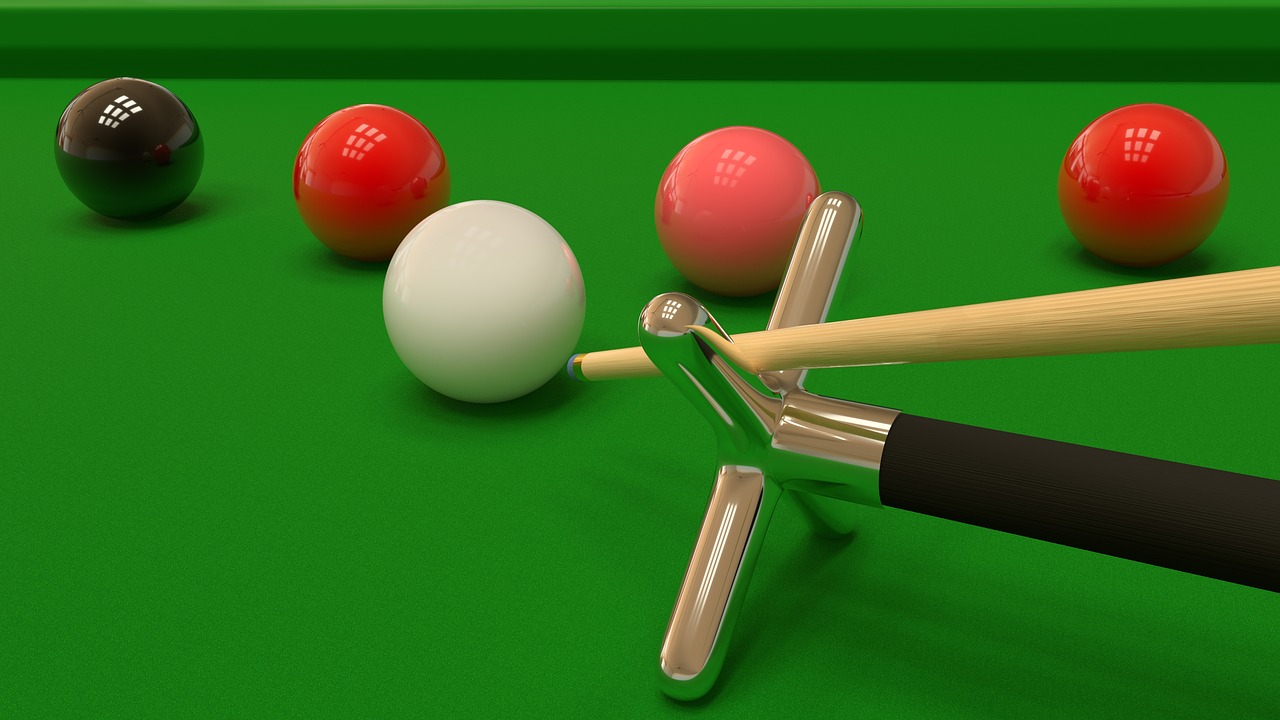In the world of snooker, a game steeped in skill and precision, the concept of a handicap system plays a crucial role in balancing competition and fostering player development. This article delves into the intricacies of snooker handicaps, exploring how they work and why they are beneficial for players of all levels.
In snooker, a handicap is a system designed to level the playing field between players of differing abilities. It allows players of lesser skill to compete fairly against more experienced or skilled opponents by providing a starting advantage or altering the scoring system to compensate for the disparity in skill levels.
How Do Snooker Handicaps Work?
Snooker handicaps can be implemented in various ways, but the most common method involves awarding points to the less experienced player at the start of a frame or match. For instance, in a match between an amateur and a professional, the amateur might begin each frame with a 20-point lead. This means the professional player needs to score 20 points more than the amateur to win the frame.
The size of the handicap is determined based on the players’ known abilities, previous performance, and sometimes through a formal rating system. Clubs and leagues often have their methods of calculating and adjusting handicaps to ensure fair play.
Types of Handicap Systems
- Fixed Handicap: Each player is assigned a constant handicap based on their skill level. This handicap doesn’t change throughout a tournament or league.
- Variable Handicap: The handicap is adjusted based on the players’ performances during a tournament or over a season, ensuring a continually fair playing field.
- Slide Handicap: This system dynamically adjusts the handicap based on the ongoing performance of the players during a match.
The Benefits of Handicaps in Snooker
- Promotes Fair Competition: Handicaps level the playing field, allowing less skilled players to compete fairly against more experienced ones, which is especially important in a sport where skill discrepancies can be significant.
- Encourages Player Development: By competing against stronger players, less experienced players can learn and improve their game. The handicap system pushes them to up their game to reduce or overcome their handicap over time.
- Increases Participation: Handicaps make the game more accessible and enjoyable for beginners and amateurs, encouraging wider participation in the sport.
- Enhances Strategic Depth: For skilled players, handicaps introduce an additional strategic layer to the game. They must adapt their playstyle and strategy when facing different handicaps, which can be both challenging and rewarding.
- Maintains Interest: For viewers and fans, handicap matches can be more unpredictable and exciting, as the underdog has a realistic chance of winning, adding to the drama and appeal of snooker matches.
Conclusion
The handicap system in snooker is a vital tool for ensuring that players of all abilities can enjoy the game competitively. It not only helps in nurturing new talent by providing them with a platform to compete against and learn from seasoned players but also adds an intriguing element of unpredictability and strategy to the game. As the sport of snooker continues to evolve, the use of handicaps remains a key component in maintaining its vibrant and inclusive competitive spirit.

